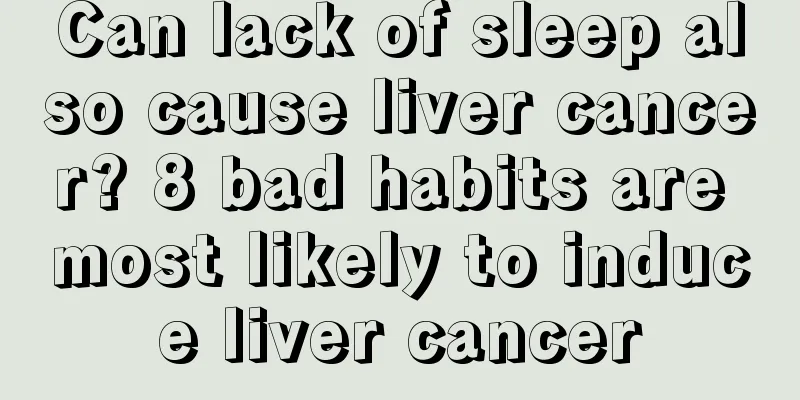What are the symptoms of benzene poisoning?

|
Benzene poisoning is a very dangerous thing. Sometimes it can directly threaten life. Patients with acute benzene poisoning will show symptoms such as dizziness, dazzling, tinnitus, or convulsions, coma, and respiratory central nervous system paralysis. (1) Nervous system symptoms include headache, dizziness, tinnitus, diplopia, unsteady gait, feeling of being drunk, drowsiness, and in severe cases, convulsions, coma, paralysis of the respiratory center, delirium, hallucinations, and cerebral edema. A small number of patients experience peripheral nerve damage. This condition can further develop into increased confusion and a state of light coma, in which the patient becomes unresponsive to calls. Continuing to inhale high concentrations of benzene can lead to a deep coma. In severe cases, breathing and cardiac arrest may occur. The course of the disease depends on the concentration of benzene in the air, which can last from minutes to hours. Active rescue before cardiac arrest can restore the patient's condition within minutes to hours. If a deep coma occurs, people who inhale high concentrations may die like lightning. (2) Respiratory system problems are seen in inhalation poisoning, with symptoms such as coughing, shortness of breath, and chest tightness. In severe cases, the symptoms may last for a long time, or when breathing is weak, hypoxic pulmonary edema may occur, which may be accompanied by eye irritation symptoms. (3) The circulatory system may experience flushing, palpitations, and a drop in blood pressure, which may lead to shock, myocarditis, various arrhythmias, and even ventricular fibrillation. The electrocardiogram showed first to second degree atrioventricular block. (4) Nausea, vomiting, and abdominal pain in the digestive system. Symptoms are more severe in patients taking oral medication. Occasionally, hepatomegaly and elevated aminotransferase levels may occur. Acute poisoning mainly causes toxic anesthesia, a process similar to general anesthesia during drunkenness or surgery. |
<<: What should I do if my feet get cracked in summer?
>>: What causes Minier's syndrome?
Recommend
Massage of the corresponding acupuncture points on the cervical vertebra will no longer cause pain
When people are working hard, they may have cervi...
What foods should I eat if I have dry skin on my face?
The facial skin is directly exposed to the extern...
Can a six-month-old baby live in the new house?
The newly renovated rooms in the house look very ...
Medicinal food that helps replenish blood in patients with ovarian cancer after surgery
Ovarian cancer is a major malignant tumor that th...
Why is hair loss so severe
The problem of hair loss causes great trouble to ...
What are the harmful effects of staying up late on the body
Staying up late is very harmful to ourselves. It ...
What are the symptoms of axillary lymphoma and how long can one live
When suffering from lymphoma, many people will wo...
What is the difference between green tea and oolong tea?
We all have the experience of drinking tea, but m...
Can drinking brown sugar water really help sober you up?
Frequent socializing to talk about work can be sa...
What harm does endometrial cancer cause to the human body
Endometrial cancer brings a lot of troubles and c...
Why does a lump grow behind my ear but it doesn't hurt?
It is common for adults and children to have a lu...
Heart rate during anesthesia
Everyone's heart rate is different, so it is ...
What are the symptoms of lung cancer in daily life?
What are the symptoms of lung cancer in daily lif...
Will brain cancer cause the head to become bigger?
We are now living in a very stressful society. Wh...
What is thumb muscle pain?
The thumb is used very frequently in our lives. I...









